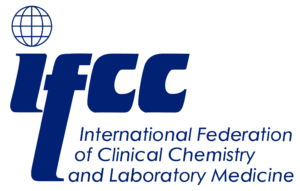Introduction
To determine whether troponin (Tn) can predict mortality after transcatheter aortic valve implantation (TAVI), we performed a meta-analysis of currently available studies investigating impact of baseline and postprocedural Tn.
Evidence Acquisition
MEDLINE and EMBASE were searched through April 2019 using PubMed and OVID. Studies considered for inclusion met the following criteria: the study investigating impact of baseline and postprocedural Tn on mortality; the study population was patients undergoing TAVI for aortic stenosis (AS); outcomes included early (30-day or in-hospital)/late (including early) mortality. For each study, data regarding early/late mortality in both high and low (defined in each study) level of baseline/postprocedural Tn groups were used to generate odds ratios (ORs) and 95% confidence intervals (CIs), or reported ORs and hazard ratios (HRs) with 95% CIs were directly extracted. Study-specific estimates were combined using inverse variance-weighted averages of logarithmic ORs/HRs in the random-effects model.
Evidence Synthesis
We identified 19 eligible studies including a total of 7555 patients undergoing TAVI. Pooled analyses demonstrated associations of high levels of baseline Tn with statistically significant increases in both 30-day (P=0.002) and midterm mortality (P<0.00001), no correlation of high postprocedural Tn with 30-day mortality (P=0.13), and an association of high postprocedural Tn with a statistically significant increase in midterm mortality (P=0.002). High levels of baseline/postprocedural TnT predicted statistically significant increases in both 30-day (P=0.002/<0.0001) and midterm mortality (P<0.00001/0.0003).
Conclusions
Both baseline and postprocedural Tn, especially TnT, may predict mortality after TAVI for AS.

